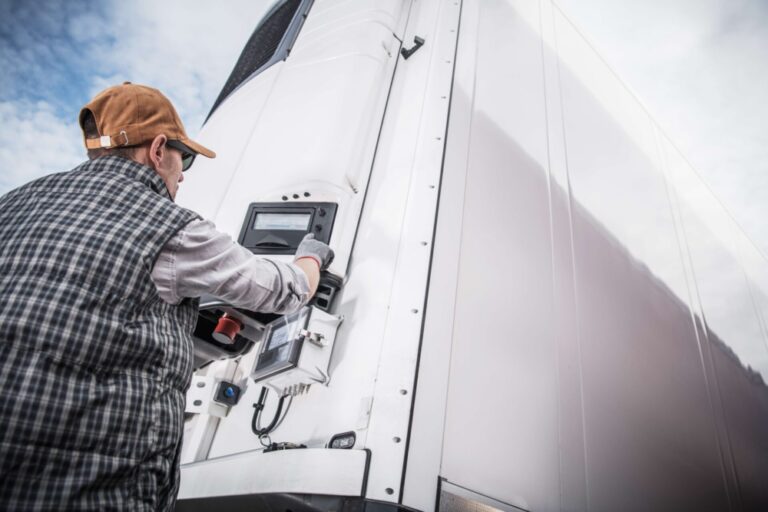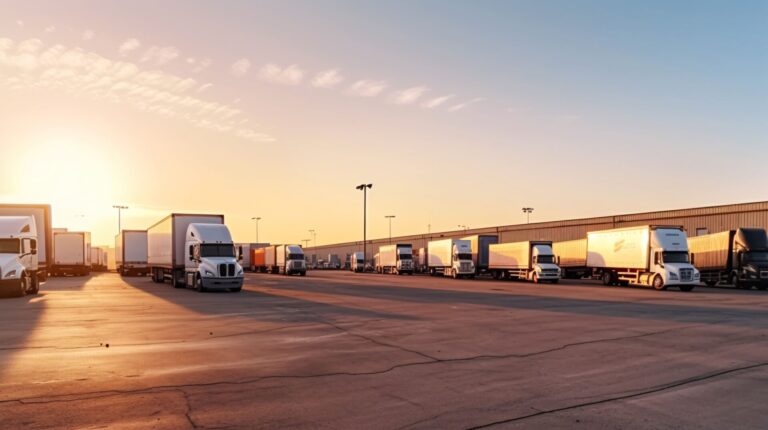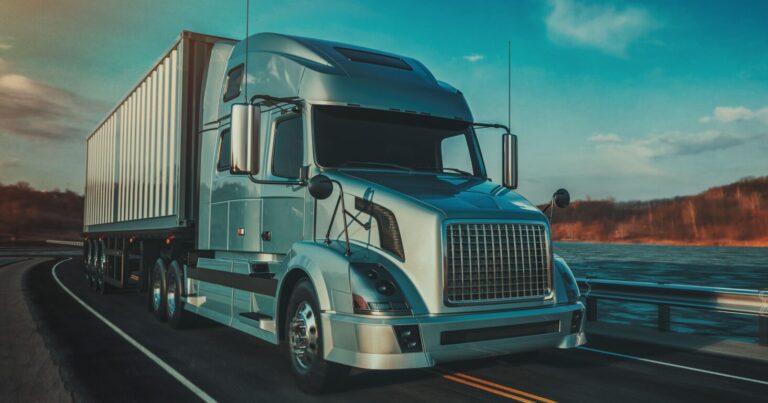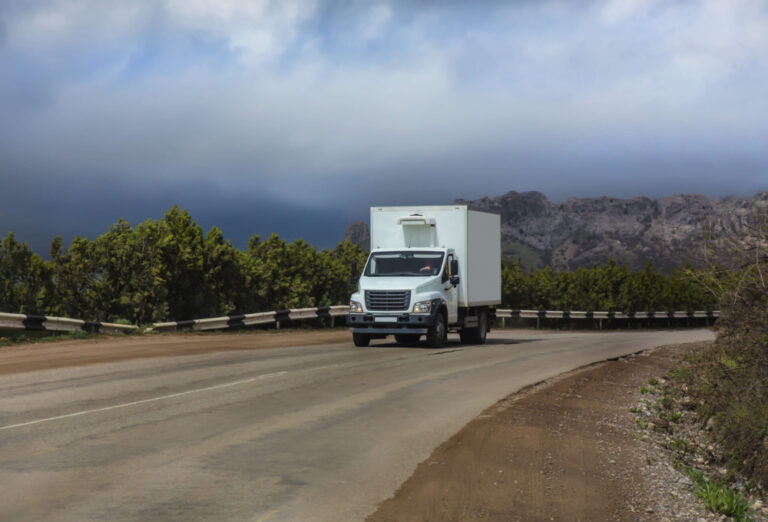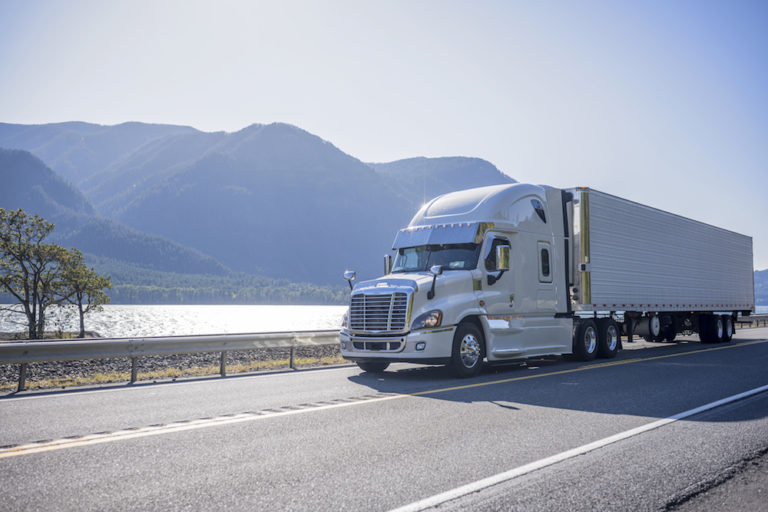Running a hazmat business isn’t easy. From navigating strict regulations to managing the inherent risks of transporting hazardous materials, the challenges are numerous. One small mistake can lead to significant financial losses or, worse, accidents that put lives in danger. If you’ve ever felt the weight of these responsibilities, you’re not alone. Many business owners in the hazmat industry share your concerns.
What Is Reefer Trucking? Benefits, Challenges, and Best Practices
Reefer trucking is critical for transporting temperature-sensitive products safely. While many people associate reefer units with food, they also transport sensitive electronic equipment, medical supplies, and other perishable goods. Proper maintenance of a reefer unit is crucial to delivering undamaged products, ensuring customer satisfaction, and upholding the integrity of the supply chain.
Top Tips for Choosing the Best Tow Truck Insurance in Florida
Running a tow truck business in Florida is no easy task. Balancing the demands of your clients, maintaining your fleet, and ensuring that your drivers are safe on the road can be overwhelming. One of the most significant challenges is securing the right tow truck insurance to protect your business without breaking the bank. We get it – finding affordable and comprehensive coverage can seem like an impossible task. But don’t worry, you’re not alone in this journey.
What’s a BMC 91 Filing?
Like any other industry, trucking businesses must comply with state and federal insurance laws. The FMCSA oversees this sector, requiring all motor carriers, broker authorities, and freight forwarders to have the necessary insurance in place before they can be issued operating authorities.
However, it’s important to note, different situations require different filings. Therefore, you must know what federal filings you need since each has a distinct purpose. The main factors that influence which truck insurance filings you need are the type of cargo you haul, what you drive, and your hauling radius.
In this article, we’ll discuss the importance of BMC-91 filings as well as the MCS-90, BMC-84, and BMC-34. Let’s get started.
What Is a Straight Truck? Understanding the Basics
Trucks are the transportation industry’s backbone, and different types of vehicles are developed for specific uses. Straight trucks and semi-trucks are two of the most prevalent types of vehicles in the industry. This article will discuss what a straight truck is, the fundamental distinctions between it and a semi-truck, the advantages and disadvantages of utilizing one, and how key factors like insurance requirements play into decision-making.
How Authorities Determine the Severity Weight of Violations
The Compliance, Safety & Accountability (CSA) program uses data from crash reports and roadside inspections to identify drivers exhibiting unsafe driving behaviors. The Federal Motor Carrier Safety Administration (FMCSA) may intervene with these drivers at a later time to address safety concerns.
Each violation is assigned a severity weight based on various factors, which we’ll explain in detail.


